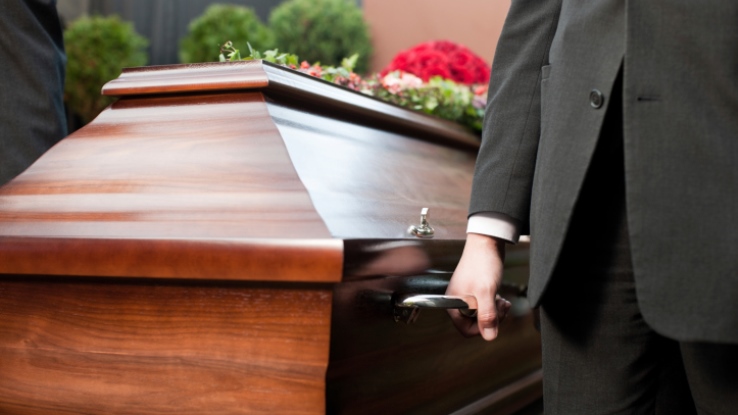

Widows describe becoming a widow as their single most difficult and overwhelming life experience — one that not only has a major emotional impact on families, but a significant financial one as well.
Merrill Lynch and Age Wave released findings from a survey on the financial challenges and complexities of widowhood. This study marks the second installment of a multiyear research series from Merrill Lynch and Age Wave on life stages.
There are 20 million widows in the U.S., and 1.4 million new widows added annually. According to the study, two in three become widowed at or after age 65.
However, the study found few are financially prepared for the loss of a spouse. More than half (53%) of widows said they and their spouse did not have a plan for what would happen if one of them passed away.
In addition, 76% of married retirees said they would not be financially prepared for retirement if their spouse died.
The widows surveyed said their top financial challenges in widowhood were becoming the sole financial decision maker and adjusting to a loss in income. Which, the survey found, are valid worries.
Only 14% of widows said that they were making financial decisions by themselves before their spouse died. Now, 86% reported having to do so.
The survey also found that half of widows experience a household income decline of 50% percent or more.
The other top financial challenge widows reported was navigating the immediate onslaught of financial and legal paperwork.
Typically in the first two months of widowhood, 72% of widows reported having to file for survivor's Social Security benefits, 95% obtained a death certificate, 52% filed as beneficiary for spouse's retirement accounts and 45% had to get permission to access their spouse's accounts. And those are just a few of the paperwork tasks widows reported in the survey.
This may be why a majority of the widows surveyed advised married couples to know how to access accounts. According to the survey, 74% said married couples should know how to get access to their spouse's accounts.
Widows' other big piece of advice was to have both names on all accounts, deeds, etc., with 65% of widows suggesting this.
The widows also suggested what they considered to be the most important financial steps for widows to take immediately after losing their spouse.
Recent widows should locate important documents, continue to pay all bills on time, and notify employers, banks and other institutions, according to the survey.
The survey included a total of more than 3,300 respondents, including 2,638 widows and 741 married, never-widowed respondents. Guardrails were put in place to ensure a representative sample of male widows, widows of all ages, and both those widowed recently (within the past five years) and those widowed for a long time (over 15 years).



